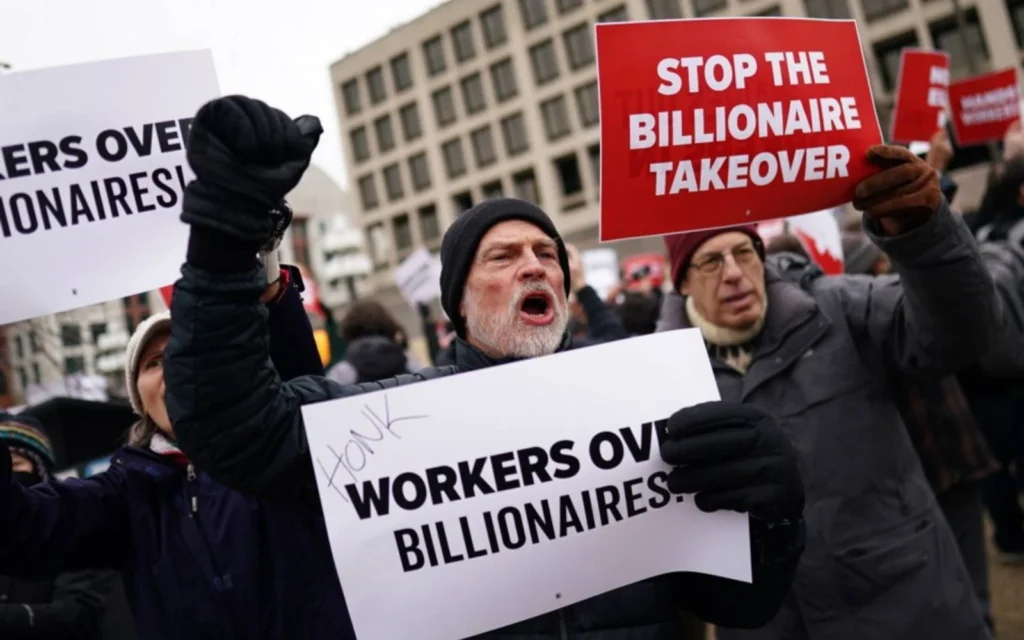
By now, the shortage of N95 and surgical masks, as well as other forms of protective gear, isn’t news to anyone. It’s no longer shocking that many doctors, nurses and other medical professionals are putting themselves at risk of infection due to the lack of adequate or sufficient personal protective equipment (PPE).
What is a bit shocking is how hospitals and other health care providers are threatening their employees with discipline, including termination, if they openly talk about their working conditions. In particular, firing an employee for discussing inadequate PPE and unsafe testing protocols. For the most part, employers cannot do this. However, before I explain why this is the case, let’s look at why our health care professionals find themselves in this position.
Why Employers Restrict Employees’ Speech Rights
I’ve previously discussed how most employees, especially those working in the private sector, have limited speech rights. These restrictions can take many forms, from outright bans on talking to the media without prior approval or outlining how employees may talk about their employer on social media.
But why do so many employers try to limit what their employees can say in public, whether it’s on social media or to the press? There are several potential reasons for this, depending on the employer and the type of work the employee is involved in.
First, it can be to protect confidential information. This can include trade secrets, intellectual property or client lists. The desire to maintain confidentiality can come from an employer’s business interests, but it can also be the result of legal mandates, such as the Health Insurance Portability and Accountability Act’s (HIPAA) Privacy Rule which requires the confidentiality of patient medical information.
Second, it can be to protect the integrity of an investigation. For example, let’s say a company wants to figure out why money is missing from its bank accounts. And during its investigation, the company bans all employees from talking about what happened to anyone while the investigation takes place. The reason being that the company doesn’t want office gossip to inadvertently give those responsible a heads-up as to how the investigation is going.
Third, it can be to protect the employer’s image. This is a significant motivation and might be the single biggest reason why employers try to control what their employees say in public. It’s also likely the primary explanation for why hospitals have strict policies about employees talking to journalists without prior approval or discussing work-related issues on social media. This is an understandable explanation and, when properly applied, is perfectly legal. However, it can very easily cross the line into an unlawful policy.
How an Employer’s Speech Restriction Policy Can Be Illegal
One of the biggest ways an employer can go too far in limiting an employee’s speech is to punish them for complaining about unsatisfactory working conditions. Whether it’s employees exchanging messages on social media about how they hate their pay cuts or sending a letter to the press about staffing shortages in a hospital, this type of employee speech is heavily protected.
The primary law at issue here is the National Labor Relations Act of 1935 (NLRA). Section 7 of the NLRA gives employees the right to unionize, but it also allows them to “engage in other concerted activities for the purpose of collective bargaining or other mutual aid or protection…”
Courts and the National Labor Relations Board (NLRB), which enforces the NLRA, interpret Section 7’s mandates very broadly. For the most part, if an employee expresses dissatisfaction about his or her working conditions, pay, schedule or related employer policies, then that speech will be protected under Section 7.
This means a hospital may not punish an employee for making a social media post describing the lack of PPE for workers. The hospital must also not take action against the employee if the employee were to criticize the hospital’s policies concerning coronavirus workplace protections in an op-ed piece in a local newspaper.
That said, the NLRA’s protections do not apply to all employees; for example, they don’t apply to public sector workers or those in a “supervisory” role at a private entity. So, a nurse manager or hospital executive may not be protected by the NLRA. There are also certain types of private-sector workers who do not receive NLRA protections, such as those in the railroad or airline industries.
Other Considerations Concerning Worker Speech
There are other laws that may offer some protections to employees who speak out against their employers in certain contexts. For instance, some states, such as Illinois, Maryland and Virginia, have whistleblower laws to protect employees who disclose information about employer wrongdoing.
Another consideration is an employment contract, such as a non-disparagement clause, confidentiality agreement or non-disclosure agreement. Employers will often use these to restrict what employees can say concerning what they learn at work. These contracts are usually enforceable but have a potential exception.
As a general rule, a contract (including an employment contract), will not be enforced if it goes against public policy. Public policy is a squishy legal concept, but basically refers to something that benefits the interests of society. For example, a court may choose to ignore a confidentiality agreement when an employee-whistleblower reveals information about how a company engaged in illegal behavior.
What about the Occupational Safety and Health Act of 1970? (OSH Act) Doesn’t that protect employees who discuss unsafe working conditions, such as lack of PPE when treating coronavirus patients? Yes and no.
Section 11(c) of the OSH Act protects employees from retaliation if they exercise their rights under the OSH Act, such as bringing a workplace safety issue to their employer’s attention. However, the OSH Act probably won’t protect an employee from retaliation from the employer when the employee complains about workplace safety issues to the media or the general public.
The Bottom Line
In many situations, private employers may discipline their employees for saying something the employer doesn’t like. But when the speech goes to the workers’ attempts to improve their working conditions, an employer will have a difficult time restricting the speech of its employees.





